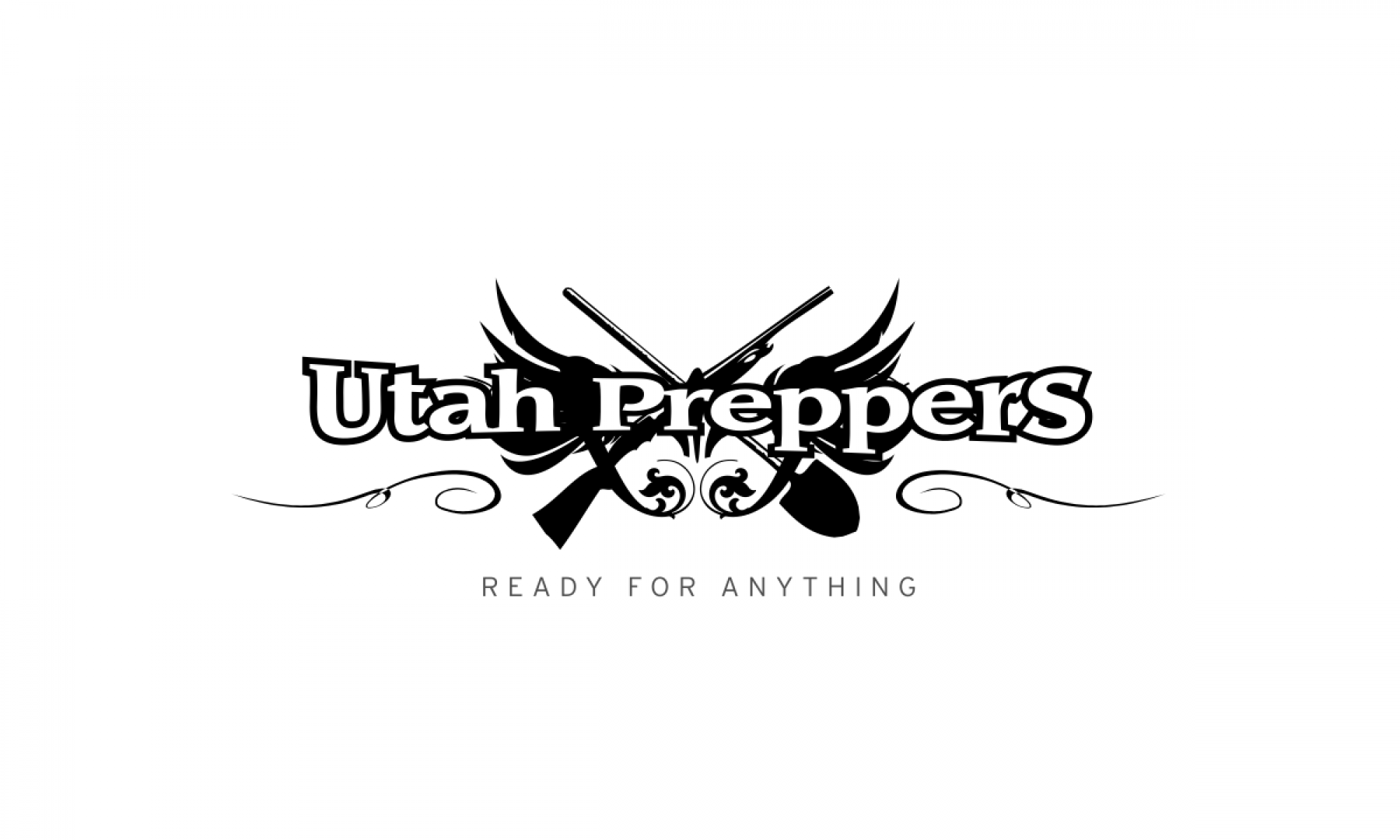Hello, I’m Wade. I am an avid outdoorsman. I respect and honor nature. I like to keep things simple. I take great pride in the size of my annual REI dividend. I love gardening, cooking, backpacking, mountain biking, road cycling, snowshoeing, and photography. I enjoy working with my hands, being self-sufficient, and solving problems. I am a graphic artist, interaction designer, and software engineer.
I grew up in Utah and currently reside in Lehi with my gorgeous wife and children. I am a member of the North Temple Group where I work as an interaction designer and user advocate for web applications. I also started and administer the Utah PHP Users Group, the Utah Graphic Artists Forum, and the Utah Apple Users Group.
I’ve always considered myself to be fairly prepared. But as of a few months ago, I don’t any more. I have a lot of work to get done. The change in opinion comes from a change in perspective. I spent a week over the holidays filling 340 ten pound cans in my garage. I had a lot of time to think. I thought about how few people are prepared—whether by choice, ignorance, or because they are unable. I enjoyed the good feeling inside (that came with knowing I had another twelve months of food tucked away) for a bit but then started asking myself a lot of questions.
I realized that I was not prepared. Generally, when people talk about being prepared, they talk about having the necessary supplies to sustain their current lifestyle through a temporary emergency (whether that be a natural disaster or simply a personal financial hiccup). There is a difference between having supplies and being prepared though. Having supplies is important, but being prepared is more important. We might have stored wheat but do we know how to cook it? What am I going to do once my storage runs out? Do I know how to hunt? If I am able to kill an animal, how am I going to store it? If I run out of water, do I know how to dig a well? Once my propane runs out how am I going to cook? Where am I going to go to the bathroom? How am I going to heat my house? Can I grow a garden? Am I prepared to protect my family?
I believe the greatest weakness of our current society is that people have very few skills. We purchase everything we need and rely on technology to sustain us. If Walmart was gone tomorrow, what would people do? Even if we choose to not live a self-reliant lifestyle, I believe it foolish to not have the skills to provide for ourselves and families if we needed to. I have a to-do list that I am putting together of things that I need to learn. I need to learn how to store food short term without refrigeration. I need to build a root cellar. I need to learn how to hunt. I’d like to buy a wood burning stove. I need a solution for waste disposal. How do you milk a cow? How do you make candles? How do you make soap? People talk about a year’s supply of food all the time, but what about toilet paper?
I am excited to be included as an author with the others here and look forward to hearing about your adventures and preparedness efforts as well.

